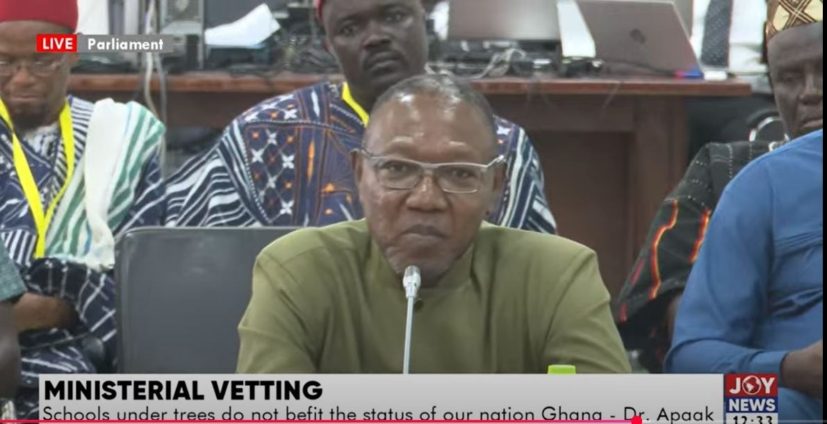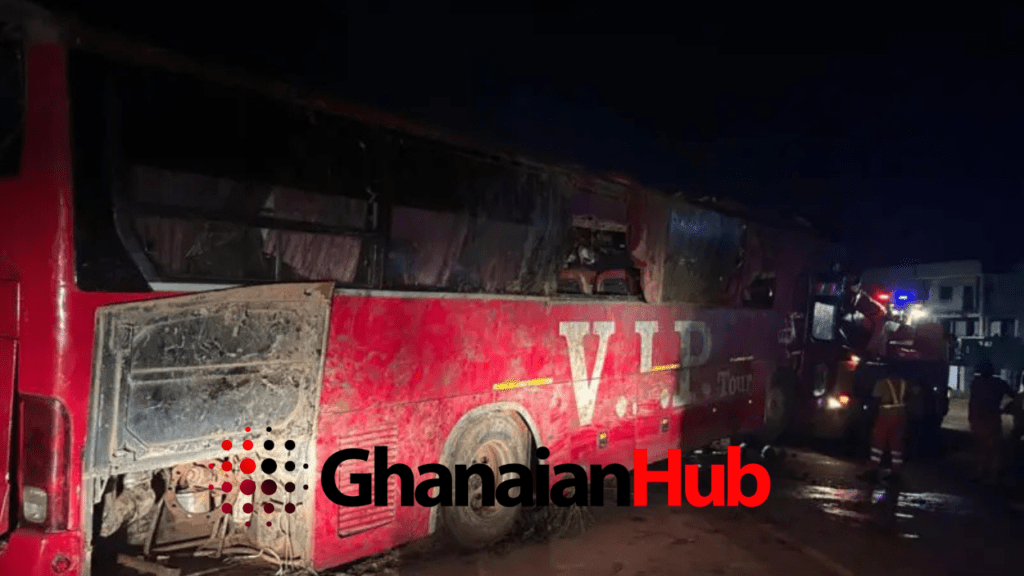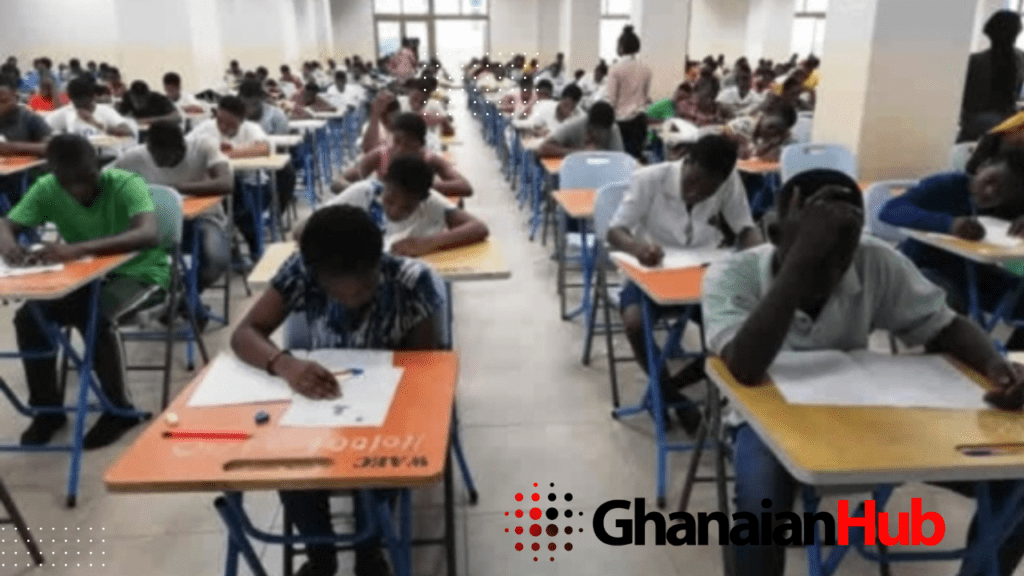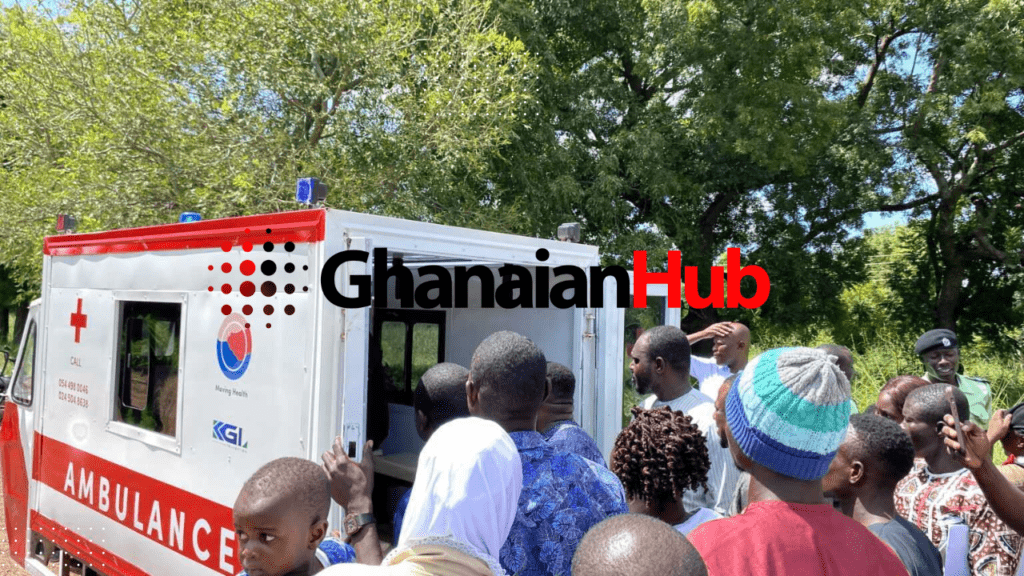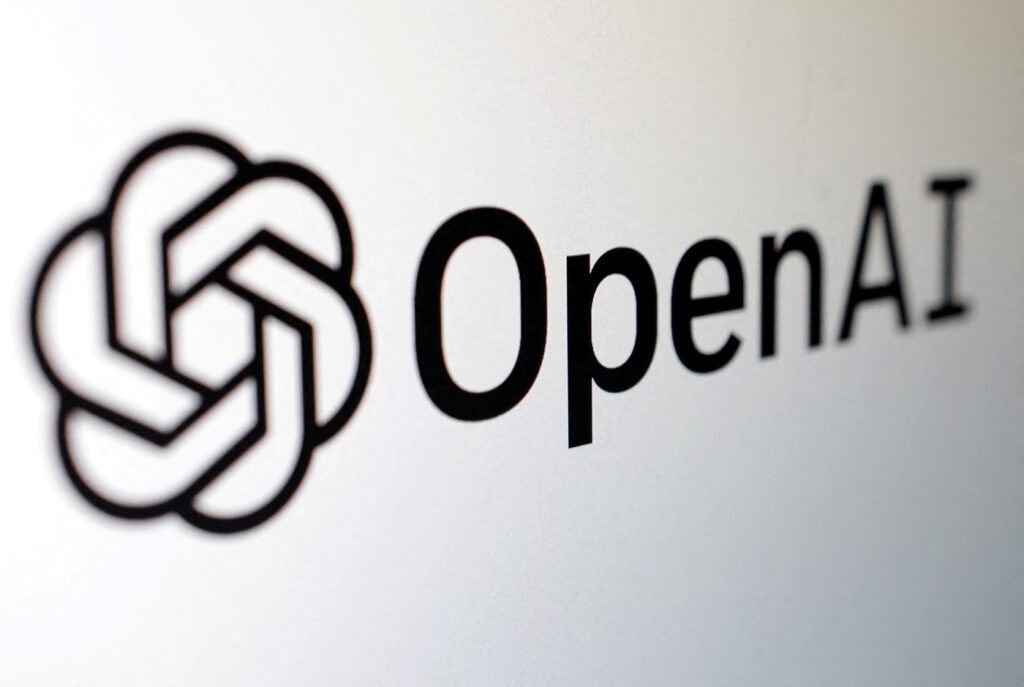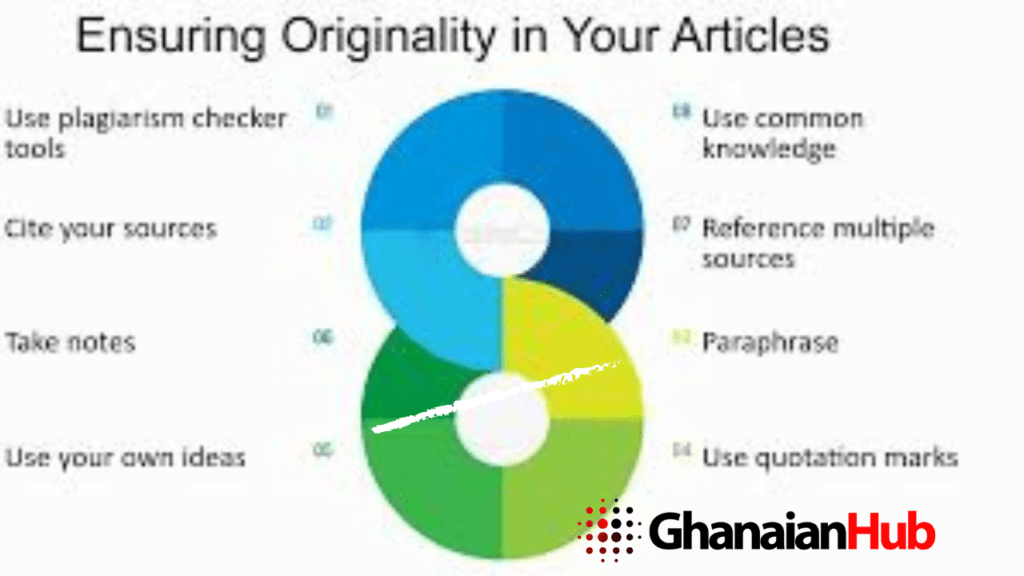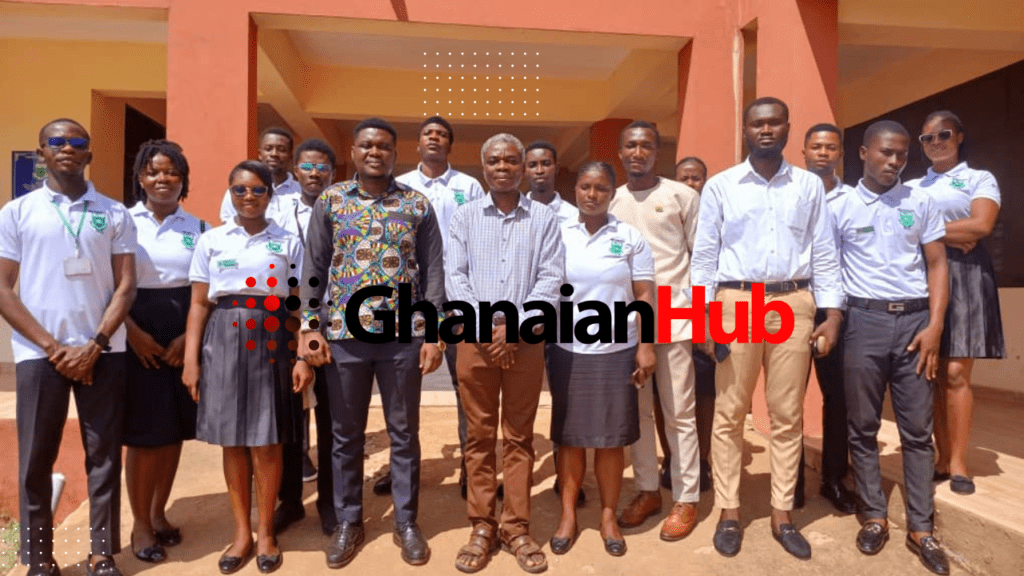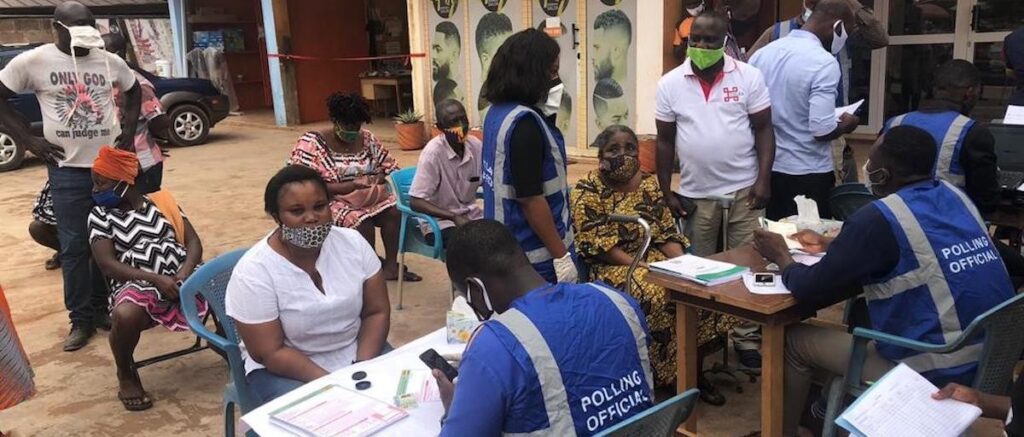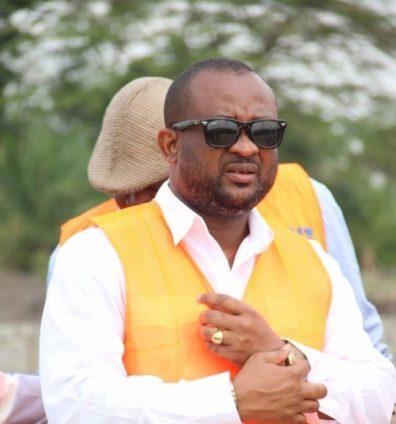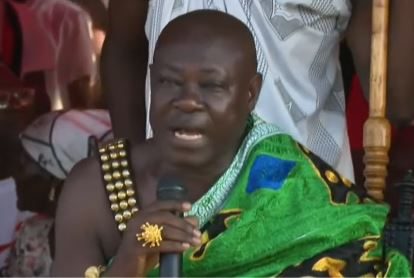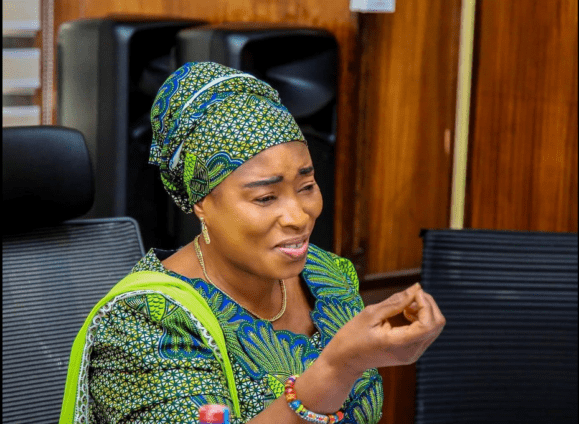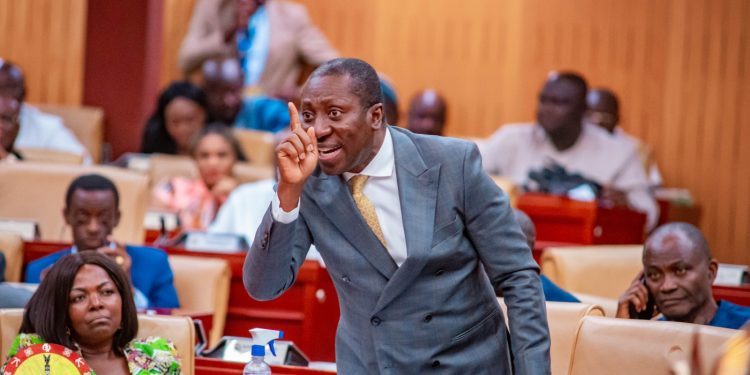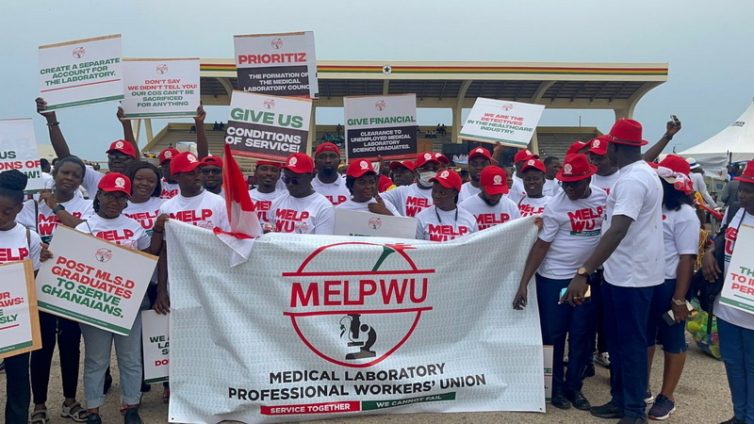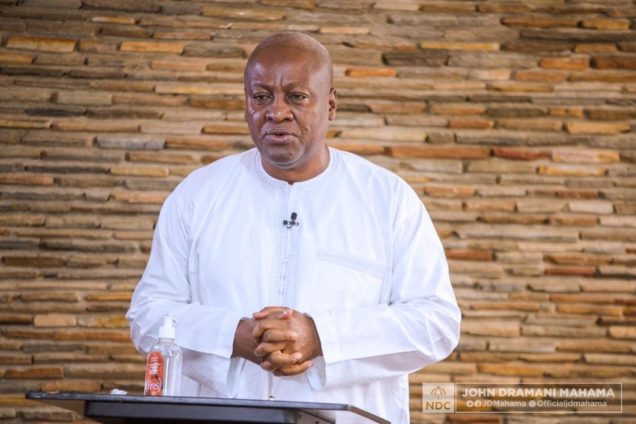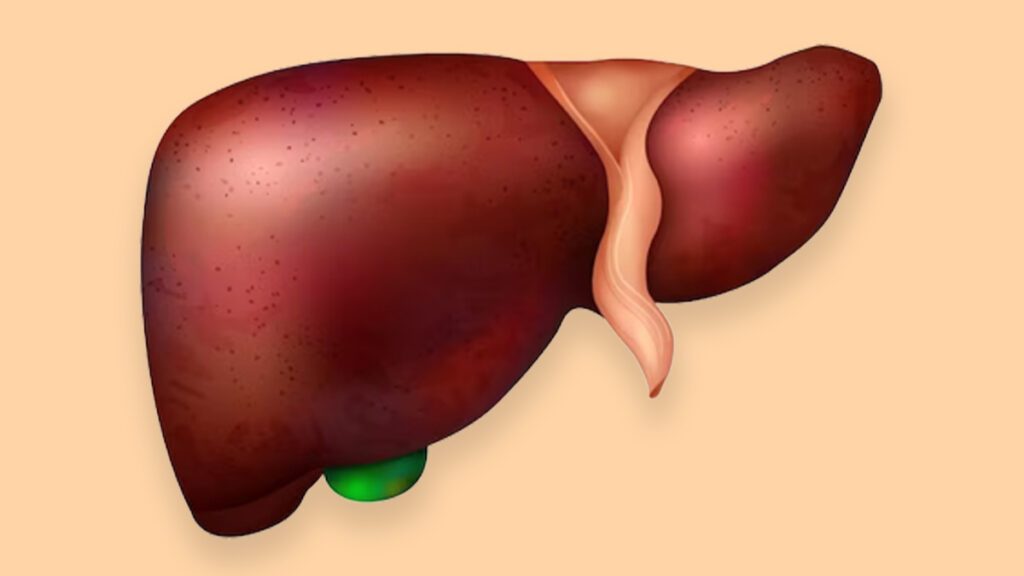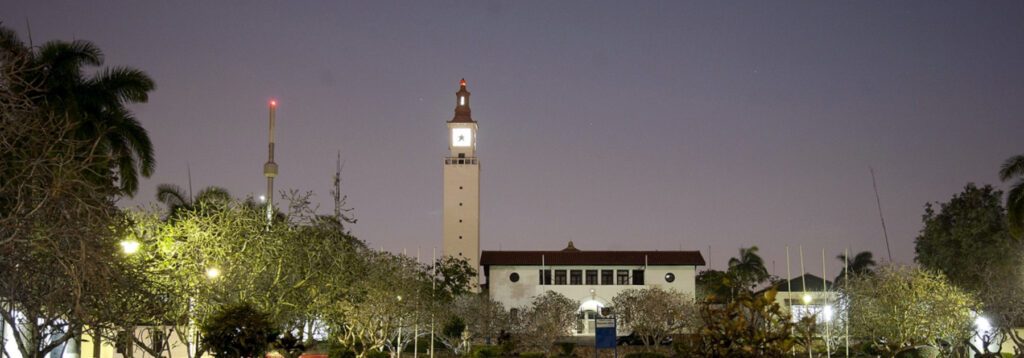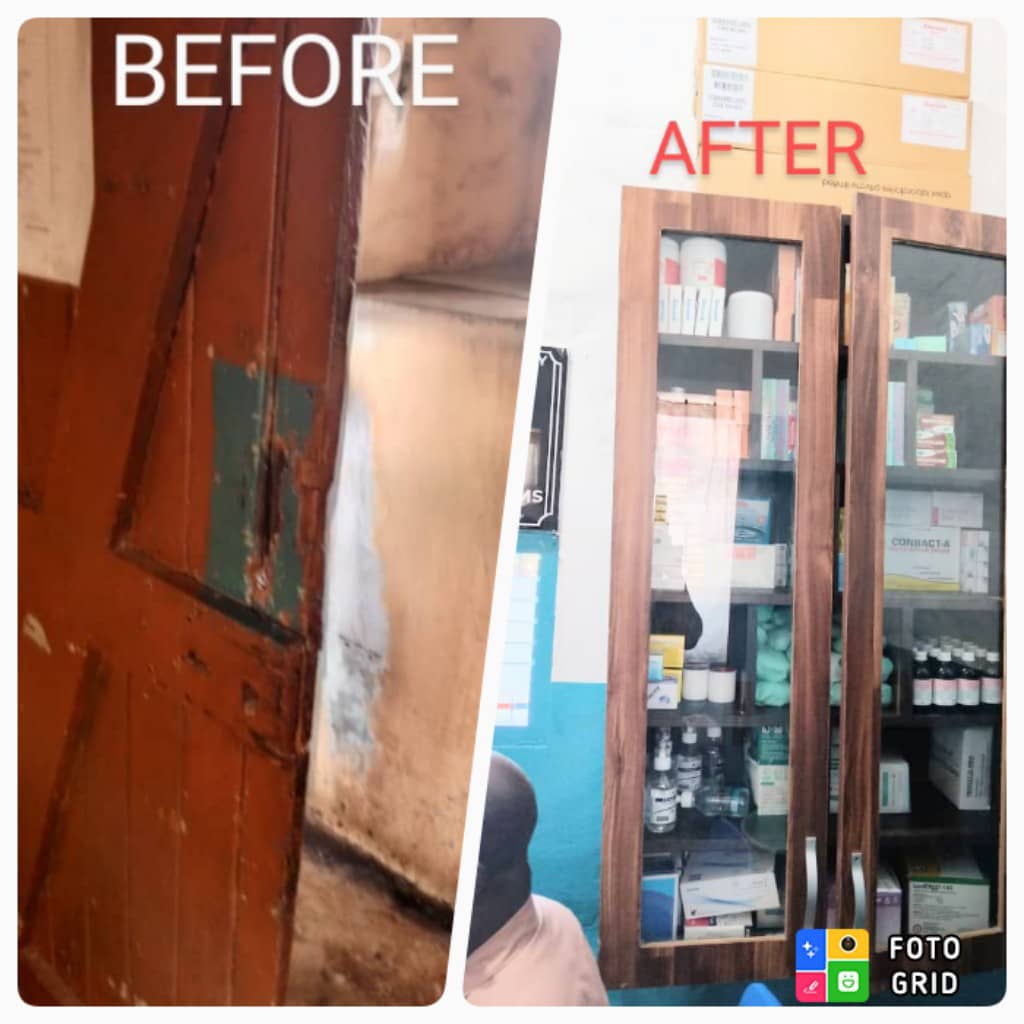Illegal Miners Defy Legal Action, Pollute Atronsu Sole Stream
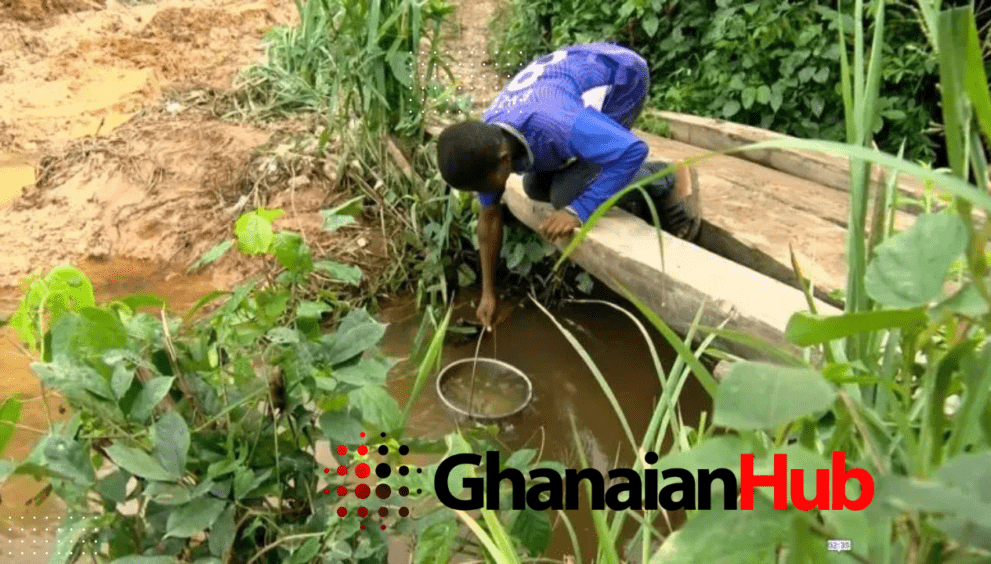
Illegal Miners Defy Legal Action: In the rural farming community of Atronsu, situated near Sefwi Bekwai in Ghana’s Western Region, illegal mining activities commonly referred to as “galamsey” have sparked significant concern.

Despite an ongoing legal battle initiated by local farmers, the miners have persisted with their operations, resulting in pollution of the town’s only water source, a crucial stream used for irrigation and daily needs. These miners claim they are operating under the guise of a community mining scheme; however, investigations by Erastus Asare Donkor and the Multimedia Group have uncovered that the mining activity lacks legal authorization, confirming its illegality.
The local farmers have been actively opposing a proposed community mining scheme through court proceedings, aiming to protect their farmland and the vital water source that supports the community’s agricultural activities. Their concerns are not only about the potential environmental impact but also about the preservation of their livelihoods, which depend heavily on the land and water for farming. The pollution of the stream jeopardizes not only their crops but also the health and well-being of the entire community, raising the stakes in the legal struggle.
Illegal Miners Defy Legal Action
The illegal miners are reportedly not native to Atronsu. Instead, they have hired several local young men to carry out the mining activities. This recruitment of local labor has added a layer of complexity to the issue, as many of these young men claim they have no other viable employment options. The community is already struggling with limited economic opportunities, and the mining has been portrayed by some as a necessary means of survival, despite the legal and environmental implications.
Also Read: Illegal Mining Threatens Ghana Infrastructure Development.
Efforts to expose the illegal activities have been met with resistance from the miners and some locals. Attempts to document the mining site with cameras were blocked, with individuals expressing anger at any efforts to publicize the operations. One local, who identified himself as an ex-convict, voiced a defiant stance, stating that he would rather face imprisonment again than abandon the illegal mining. His sentiments highlight the desperation and lack of alternative livelihoods facing some members of the community.
According to the farmers, the illegal mining has directly impacted the stream on at least two occasions. In both instances, the water used by the miners breached its containment and spilled into the stream, resulting in significant pollution. This contamination rendered the water unsafe for crop irrigation, forcing farmers to halt their agricultural activities temporarily. For the community, which heavily relies on farming for sustenance and income, such disruptions pose a severe threat to their survival.

The farmers have vowed not to stand idly by as the illegal mining continues. They are determined to protect their land and water resources, emphasizing that the ongoing activities threaten the very future of the community. Their resolve underscores the deep connection between environmental preservation, legal enforcement, and the well-being of rural communities in Ghana, where illegal mining continues to be a contentious and complex issue.
This situation in Atronsu reflects broader challenges across Ghana, where illegal mining has become a pervasive issue, causing environmental degradation and conflicts over land use. As communities like Atronsu fight to secure their future, the need for effective enforcement of mining regulations, sustainable economic development, and viable livelihood alternatives becomes more urgent than ever.

Illegal Miners Defy Legal Action


 English
English 
